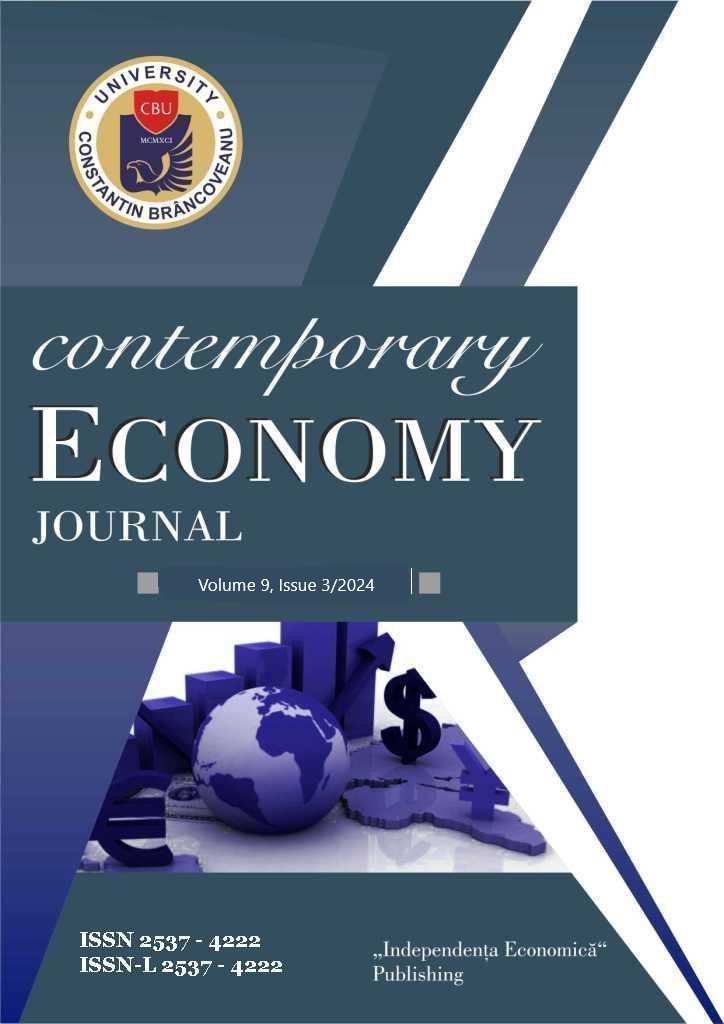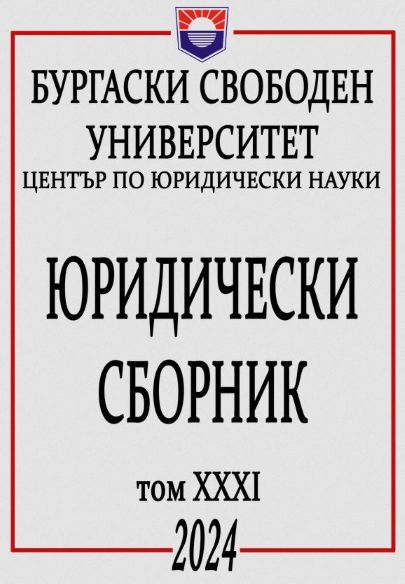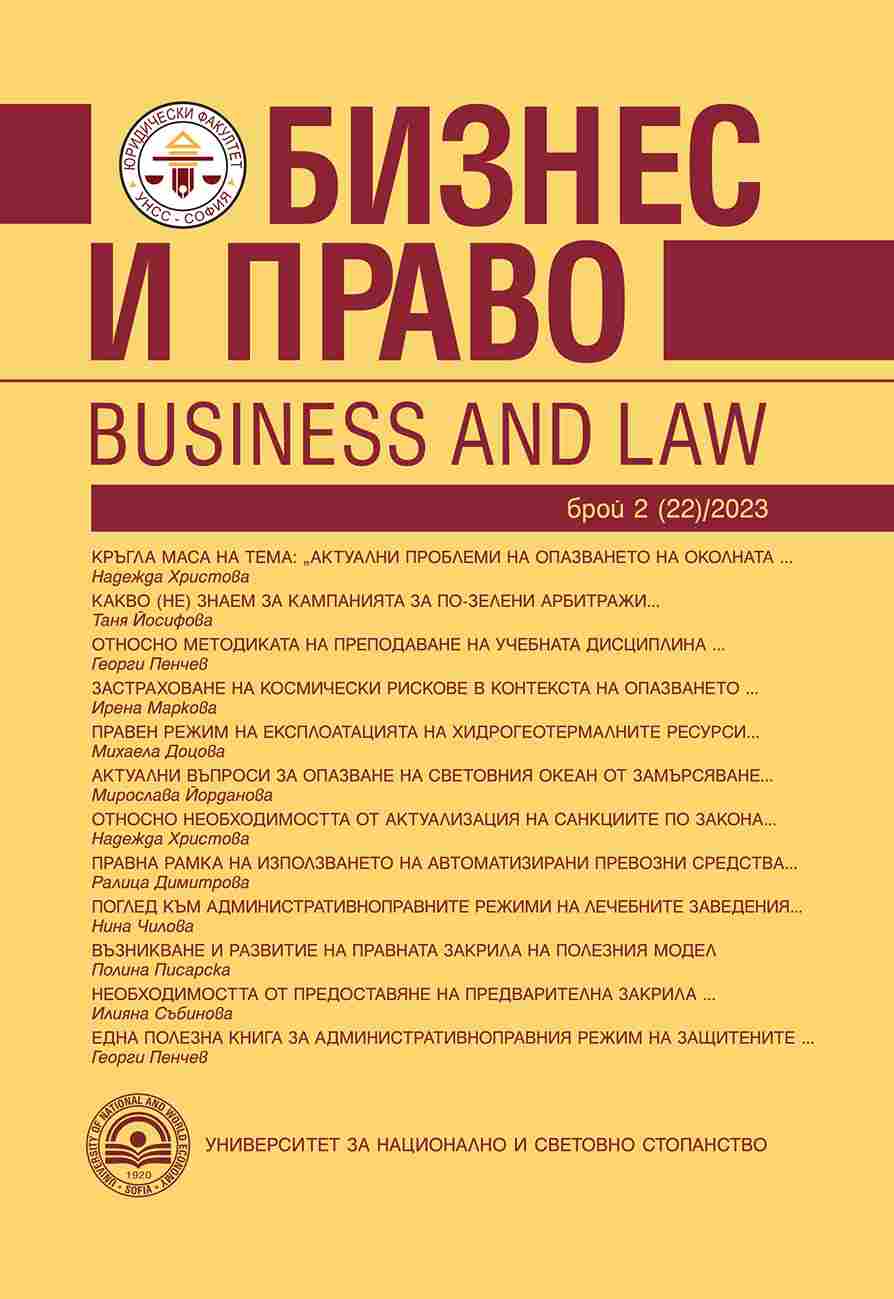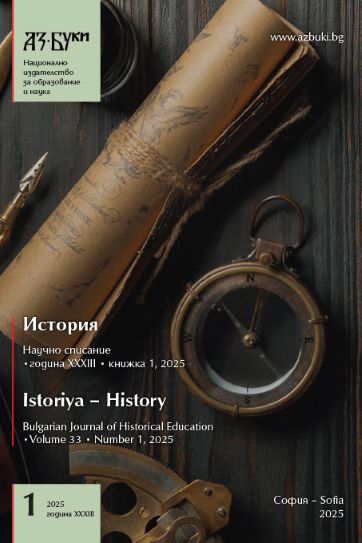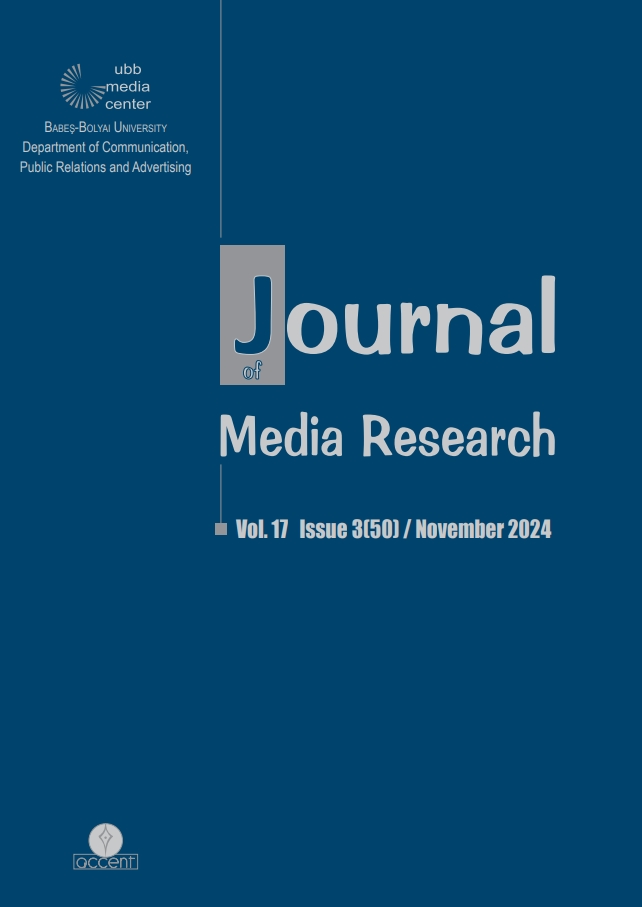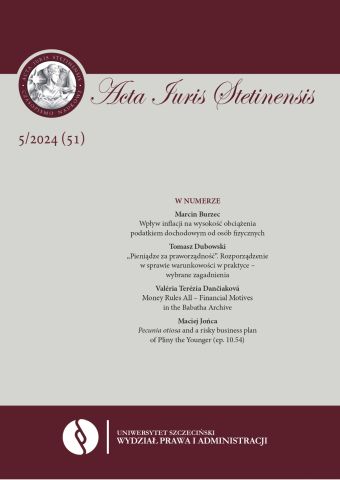
Pecunia otiosa and a risky business plan of Pliny the Younger (ep. 10.54)
Two letters that have survived in a collection of correspondence between Pliny the Younger and Emperor Trajan constitute a fascinating source for the study of financial policies of the Roman state at the beginning of the second century AD. Pliny, as governor of the province of Bithynia and Pontus, sends a very unusual proposal to his emperor. He suggests that public money not invested in buying real estate be forcibly loaned to representatives of the local municipal elite (decurioni). Trajan, however, rejects this idea. So far, the imperial decision has been considered in legal terms (a loan is a contract and therefore both parties should reach an agreement that they intend to enter into it) and ethical terms (forcing citizens to take loans is not worthy of a just ruler). However, it turns out that Trajan may also have been motivated by other motives: he wanted to protect the market from being flooded with cheap money and inflation.
More...
